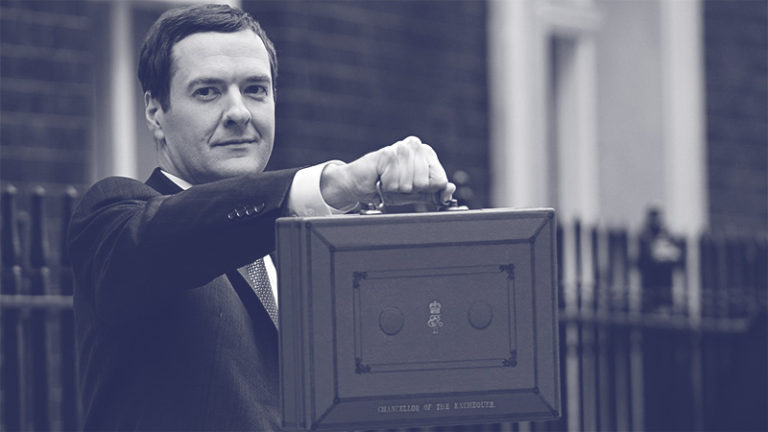The Budget turns Climate Change Levy into an energy levy

Responding to the announcements in the Budget today about energy taxes, Professor Sam Fankhauser, deputy director at the ESRC Centre for Climate Change Economics and Policy at the London School of Economics and Political Science and the University of Leeds said:
“At face value, the Government has turned the Climate Change Levy into a type of ‘energy levy’ by removing the exemption for renewables. This change compromises the effectiveness of the Climate Change Levy as a form of carbon pricing which tackles the market failure resulting from the fact that the price of products and services involving emissions of greenhouse gases do not reflect the costs of climate change. This change will increase the costs for businesses that are supplied with electricity from renewable sources but will leave electricity from fossil fuel sources untouched.
“However, the Chancellor has announced that the Government will review the business energy efficiency tax landscape and consider approaches to simplify and improve the effectiveness of the regime, including the Climate Change Levy, the Carbon Reduction Commitment energy efficiency scheme and their interaction with other business energy efficiency policies and regulations. The review, which will include a consultation in the autumn, provides an opportunity to simplify an unnecessarily complex and incoherent set of carbon pricing measures in the UK.
“A joint report on ‘Energy use policies and carbon pricing in the UK’ published in November 2013 by the ESRC Centre for Climate Change Economics and Policy and the Institute for Fiscal Studies, pointed out that the current system of green energy taxation affects some businesses disproportionately by applying different rates to different sources of energy, irrespective of their carbon content. It recommended that a single, consistent, pervasive and strong carbon price is needed to meet the government’s own objectives of largely decarbonising electricity by 2030.
“UK energy taxes can and should be reformed to make them less burdensome for businesses, deliver increased revenues for HM Treasury and reduce carbon emissions more efficiently. For instance, the Carbon Reduction Commitment Energy Efficiency Scheme, Climate Change Levy and Climate Change Agreement can be combined into one single instrument.
“We look forward to making a contribution to the Treasury’s review to ensure that the Government is in a position to use the tax system effectively to tackle greenhouse gas emissions and create a level playing field for low-carbon energy sources to compete with fossil fuels.”
NOTES FOR EDITORS
- The ESRC Centre for Climate Change Economics and Policy (https://www.cccep.ac.uk/) is hosted by the University of Leeds and the London School of Economics and Political Science. It is funded by the UK Economic and Social Research Council (https://www.esrc.ac.uk/). The Centre’s mission is to advance public and private action on climate change through rigorous, innovative research.
- Professor Sam Fankhauser is also a Co-Director of the Grantham Research Institute on Climate Change and the Environment. The Grantham Research Institute on Climate Change and the Environment (https://www.lse.ac.uk/grantham) was launched at the London School of Economics and Political Science in October 2008. It is funded by The Grantham Foundation for the Protection of the Environment (https://www.granthamfoundation.org/)
-ENDS-

